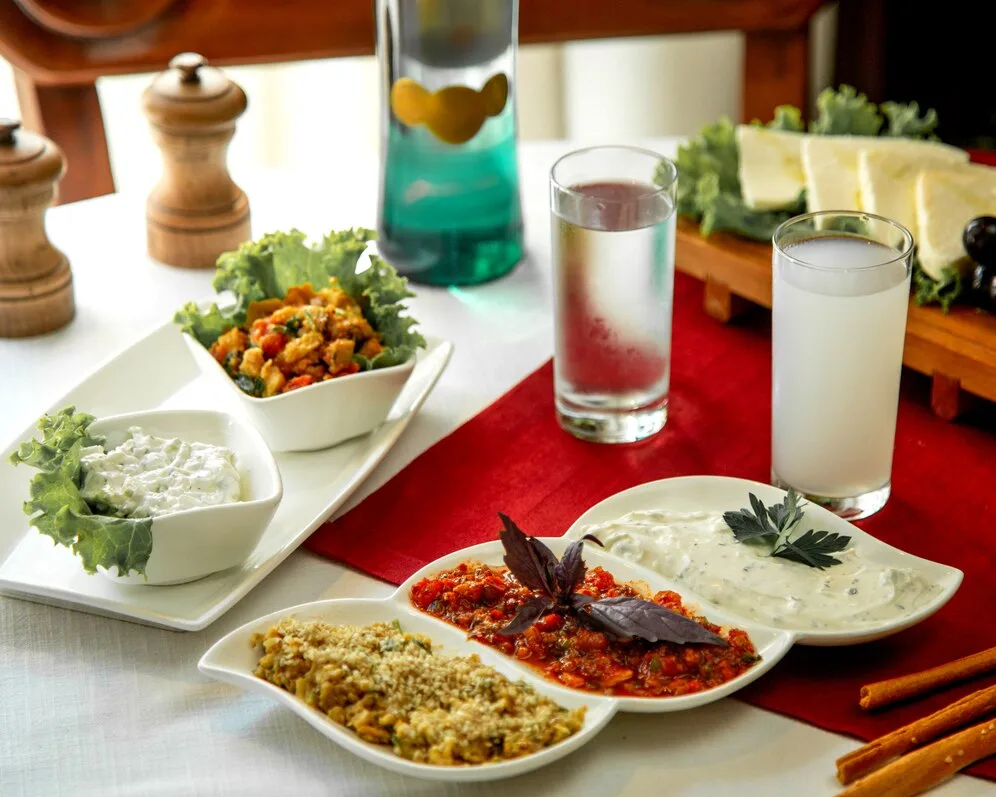As Muslims worldwide observe the holy month of Ramadan, those fasting in hot climates face additional challenges—long daylight hours, intense heat, and the risk of dehydration. Proper nutrition and hydration play a crucial role in maintaining energy levels and overall well-being during this period.
Suhoor: The Key to Sustained Energy
A well-balanced Suhoor can help sustain energy throughout the day. Slow-digesting, high-fiber, and protein-rich foods are ideal. Oats with yogurt, fruits, and nuts, whole wheat bread with peanut butter or cheese, and scrambled eggs with vegetables are excellent choices. Bananas, dates, and almonds provide long-lasting energy. However, consuming excessive water—more than two glasses—at Suhoor can cause bloating and put strain on the kidneys. Instead, it is best to hydrate gradually throughout the non-fasting hours.
Iftar: Nourishing and Hydrating Choices
Breaking the fast with nutrient-dense foods is essential. Dates and water help restore energy, while fresh fruits like watermelon, oranges, and cucumbers aid hydration. A balanced Iftar meal can include grilled chicken or fish with brown rice, lentil soup, or a vegetable stew. Smoothies made with yogurt, milk, and honey offer a refreshing and nutritious option.
Foods to Avoid During Ramadan
Certain foods can make fasting more challenging, especially in the summer heat. Fried and oily foods can lead to bloating and indigestion, while spicy dishes may cause heartburn. Salty foods contribute to dehydration and excessive thirst, making fasting more difficult. Caffeinated beverages such as coffee, tea, and soda should also be minimized, as they increase urine output and lead to dehydration. Additionally, sugary sweets and processed snacks can cause an energy crash, leaving one feeling fatigued.
The Importance of Hydration
Staying hydrated is crucial for maintaining good health while fasting. Drinking at least two liters (eight glasses) of water between Iftar and Suhoor helps prevent dehydration. Water-rich foods like cucumbers, melons, and oranges can further support hydration levels. Replacing caffeinated drinks with natural alternatives like fresh juices or herbal teas can also aid in maintaining energy and hydration.
By following these essential dietary and hydration tips, individuals can stay healthy, active, and refreshed throughout Ramadan, even in the summer heat. May this holy month bring peace, patience, and spiritual fulfillment to all.
Also Read: HydraFacial Pricing in Mangalore: Earthy By Ellenza Offers Affordable Skincare Solutions





